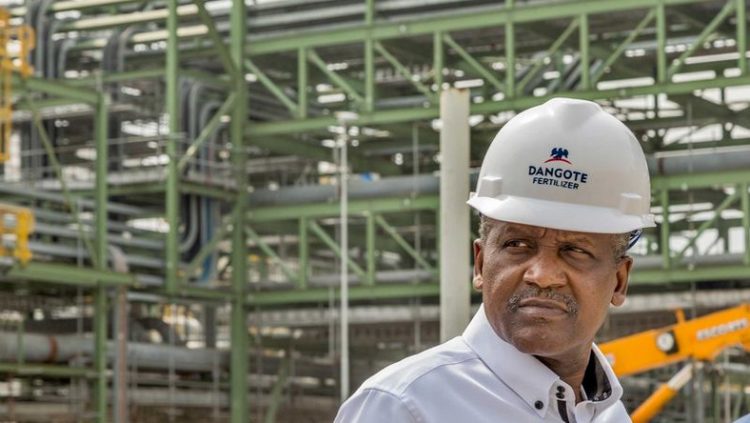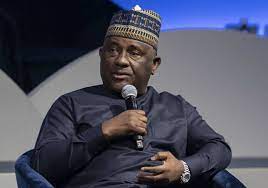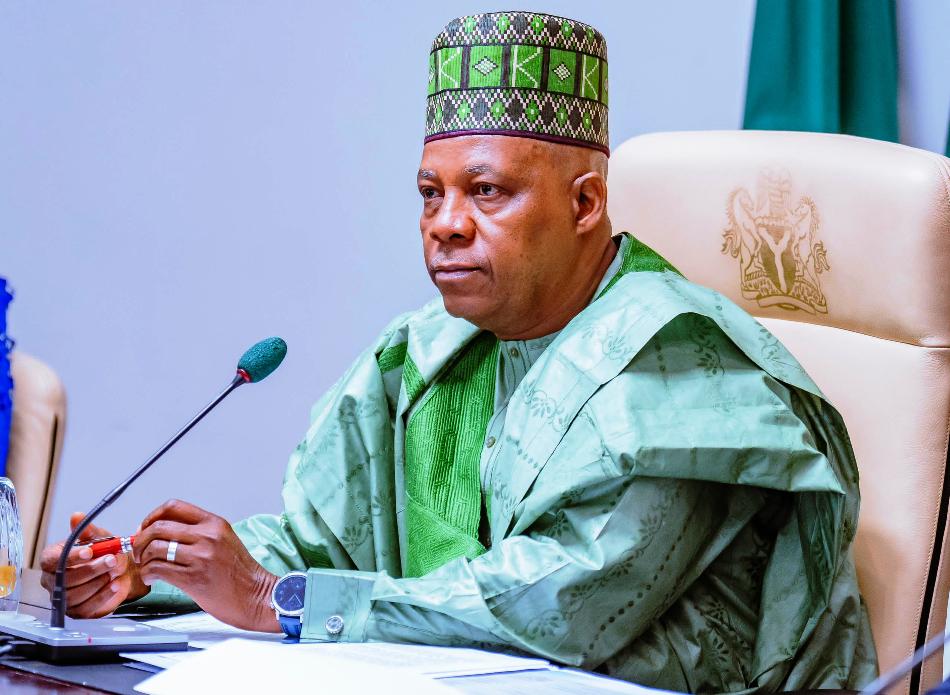Abuja, Nigeria – The Nigerian Midstream and Downstream Petroleum Regulatory Authority (NMDPRA) announced last week that the Nigerian government has not yet licensed the Dangote refinery to begin operations.
Farouk Ahmed, CEO of NMDPRA, disclosed this during a press briefing at the State House on Thursday. He addressed rumors claiming that efforts to impede the Dangote refinery’s operations were due to a lack of crude oil supply by International Oil Companies (IOCs), stating that these claims were false. According to Ahmed, the refinery is still in the pre-commissioning stage and has not received the necessary license.
Ahmed also noted that the diesel product from the Dangote refinery did not meet international standards, a claim which Aliko Dangote refuted in an interactive session over the weekend.
In an interview yesterday, Dangote shared a personal story about a wealthy friend who began investing abroad four years ago. Dangote had urged his friend to invest in Nigeria instead, but the friend cited policy inconsistencies and interest group meddling as reasons for his decision. Recently, the friend taunted Dangote, claiming his decision was vindicated.
“Four years ago, one of my very wealthy friends began to invest his money abroad. I disagreed with him and urged him to rethink his action in the interest of his country. He blamed his action on policy inconsistencies and shenanigans of interest groups. That friend has been taunting me in the past few days, saying he warned me and that he has been proven right,” Dangote said.
Dangote emphasized his investment in the refinery was meant to address a significant issue in Nigeria. He expressed frustration over opposition to his efforts and suggested that the Nigerian National Petroleum Corporation (NNPC) could buy him out if necessary.
“We have been facing a fuel crisis since the 70s. This refinery can help resolve the problem, but it seems some people are uncomfortable with my involvement. I am ready to let go; let the NNPC buy me out and run the refinery. At least the country will have high-quality products and create jobs,” he added.
The 650,000 barrel-per-day refinery, which became operational last year after a decade of construction, cost $19 billion, more than double the initial estimate. It aims to reduce Nigeria’s reliance on imported fuel and save up to 30 percent of the total foreign exchange spent on imports.






